7 Marketing Secrets from Zanzibar for Saudi Tourism
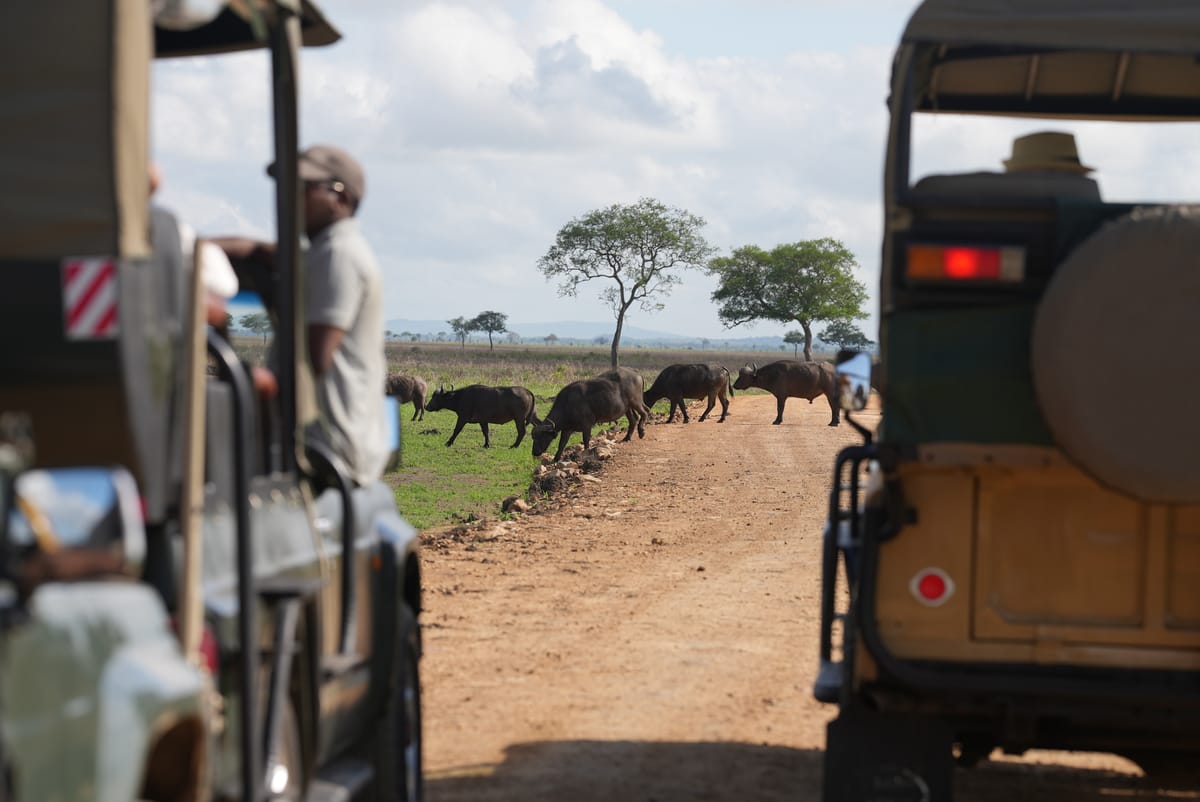
Over the years, Zanzibar has emerged as a masterclass in how strategic marketing can turn a destination with limited infrastructure into a global tourism hotspot. Its story is not just about its natural beauty but about how it has crafted a compelling narrative, leveraged its cultural assets, and engaged its people in a way that resonates with travellers. This approach holds valuable lessons for Saudi Arabia, which is poised to redefine global tourism under Vision 2030. By examining Zanzibar’s marketing journey, Saudi Arabia can glean insights to shape its own tourism industry.
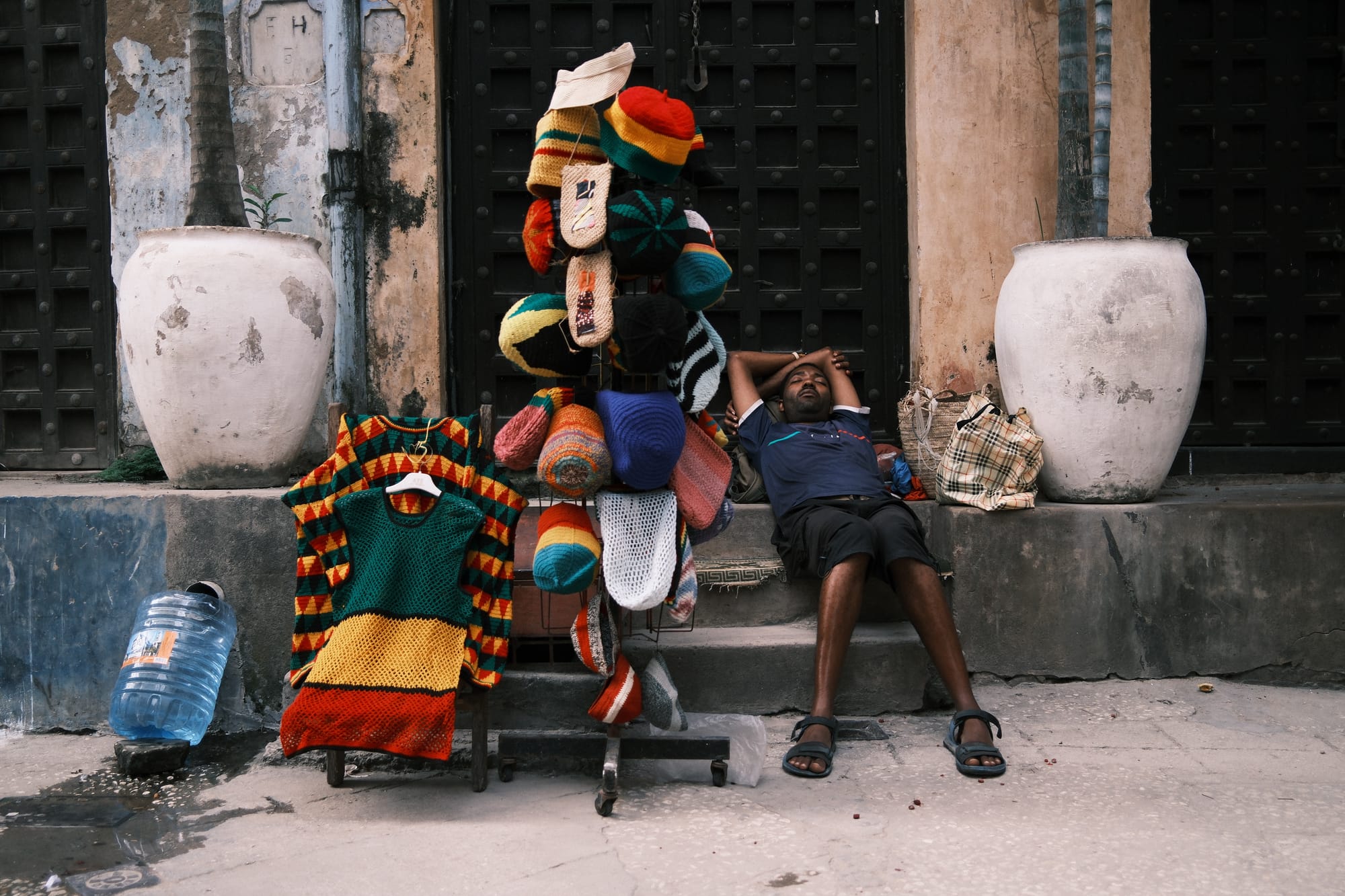
1. Empowering Local Communities
Zanzibar has woven its people into the very fabric of its tourism strategy. The island’s guesthouses, markets, and cultural festivals are not just tourist attractions; they are vibrant expressions of its people. For example, Stone Town’s cultural tours allow visitors to experience Swahili traditions, guided by locals who share their personal stories and history. Artisanal markets in Nungwi offer handmade crafts, ensuring tourists take a piece of Zanzibar home while directly supporting local artisans.
Marketing Lesson: Highlight and celebrate local communities in campaigns. Saudi Arabia can craft narratives around artisans in Jazan, traditional AlUla cuisine, or the unique culture of the Asir region. Showcasing these stories authentically draws travelers seeking immersive experiences.
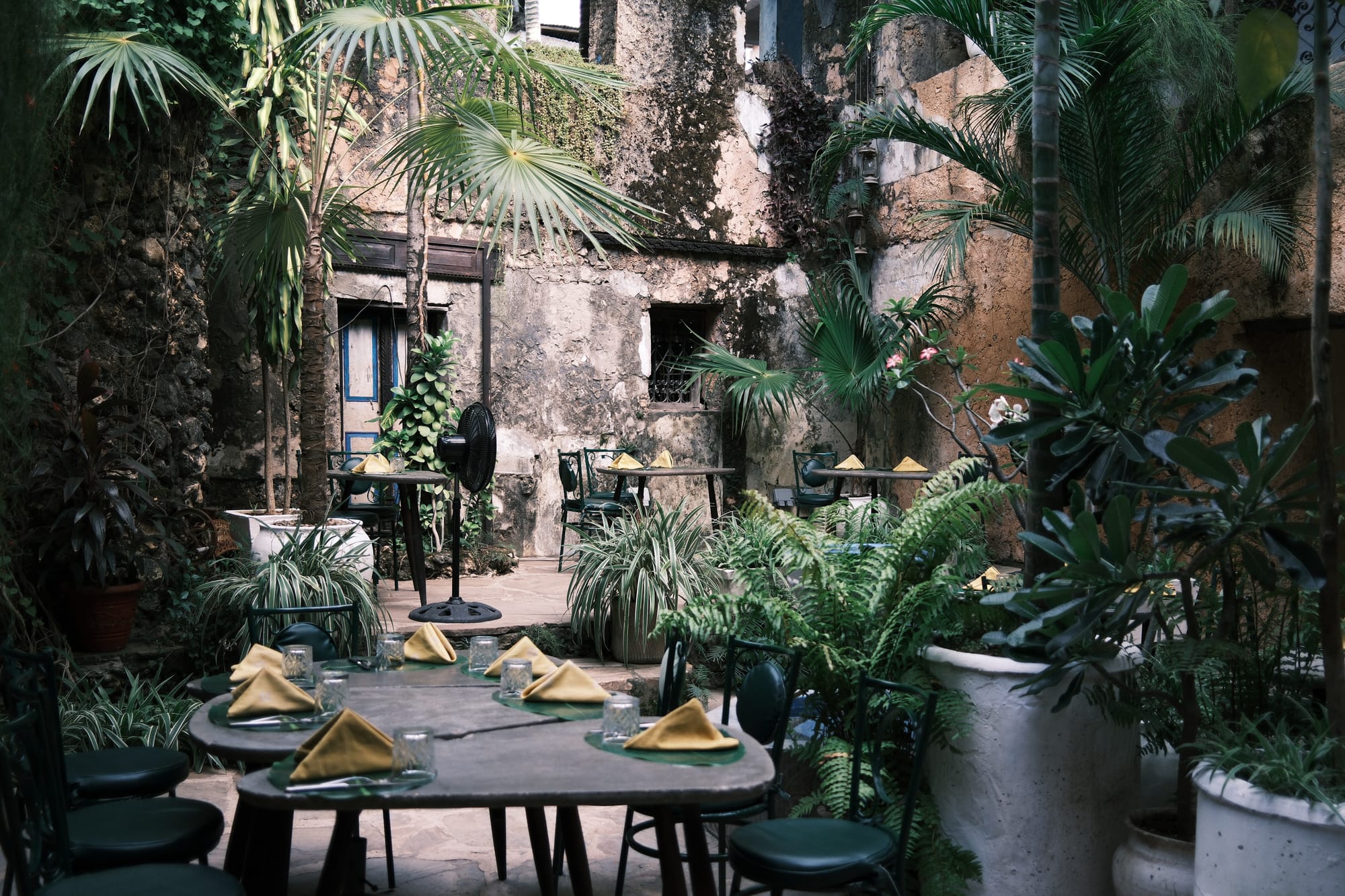
2. Sports as a Cultural Bridge
Zanzibar has turned its national soccer team—the "Zanzibar Heroes"—into more than just a team; it’s a symbol of pride and identity. Their jerseys, sold on every street corner and worn proudly by vendors and locals alike, have become walking advertisements for the island’s spirit. This grassroots integration makes Zanzibar’s marketing both organic and pervasive. Football matches often double as community celebrations, enhancing unity and visibility.
Marketing Lesson: Use sports to build pride and visibility. Saudi Arabia’s global sports presence—such as the Saudi Pro League or Dakar Rally—can be tied to tourism marketing. Campaigns highlighting Riyadh stadium tours or Jeddah’s Red Sea sports events can blend athletic appeal with destination discovery.
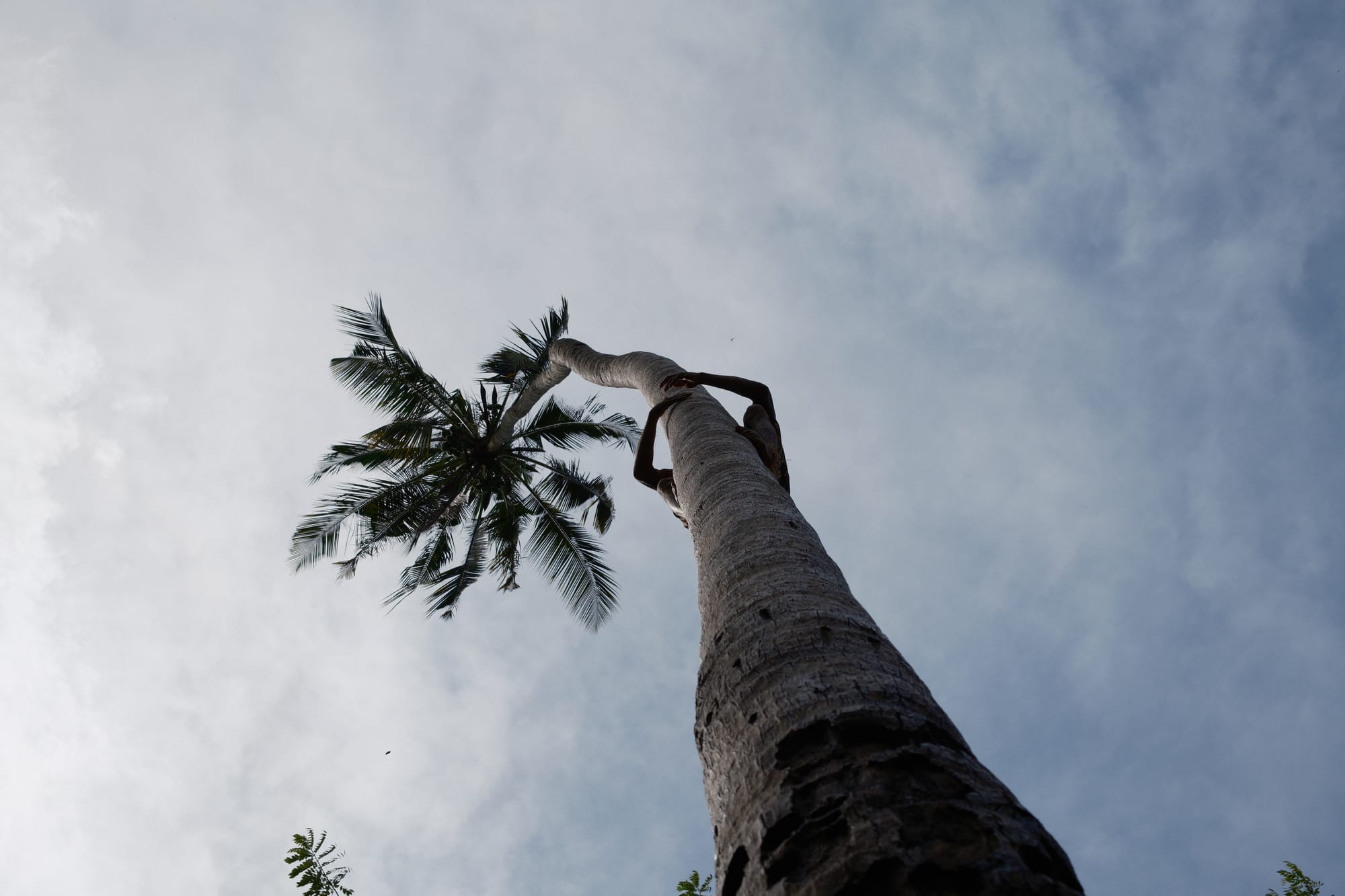
3. A Visitor-Centric Policy
Zanzibar’s mandatory health insurance for visitors is a testament to its visitor-first mindset. This policy not only assures travelers of their safety but also generates funds to improve local infrastructure. For instance, the funds have supported enhanced health services near Kendwa Beach, benefiting both tourists and residents.
Marketing Lesson: Build trust through visitor-focused policies. Saudi Arabia can introduce health insurance for incoming travelers, emphasizing care and safety while using the revenue for healthcare enhancements in tourist hubs like Mecca and the Red Sea coast.
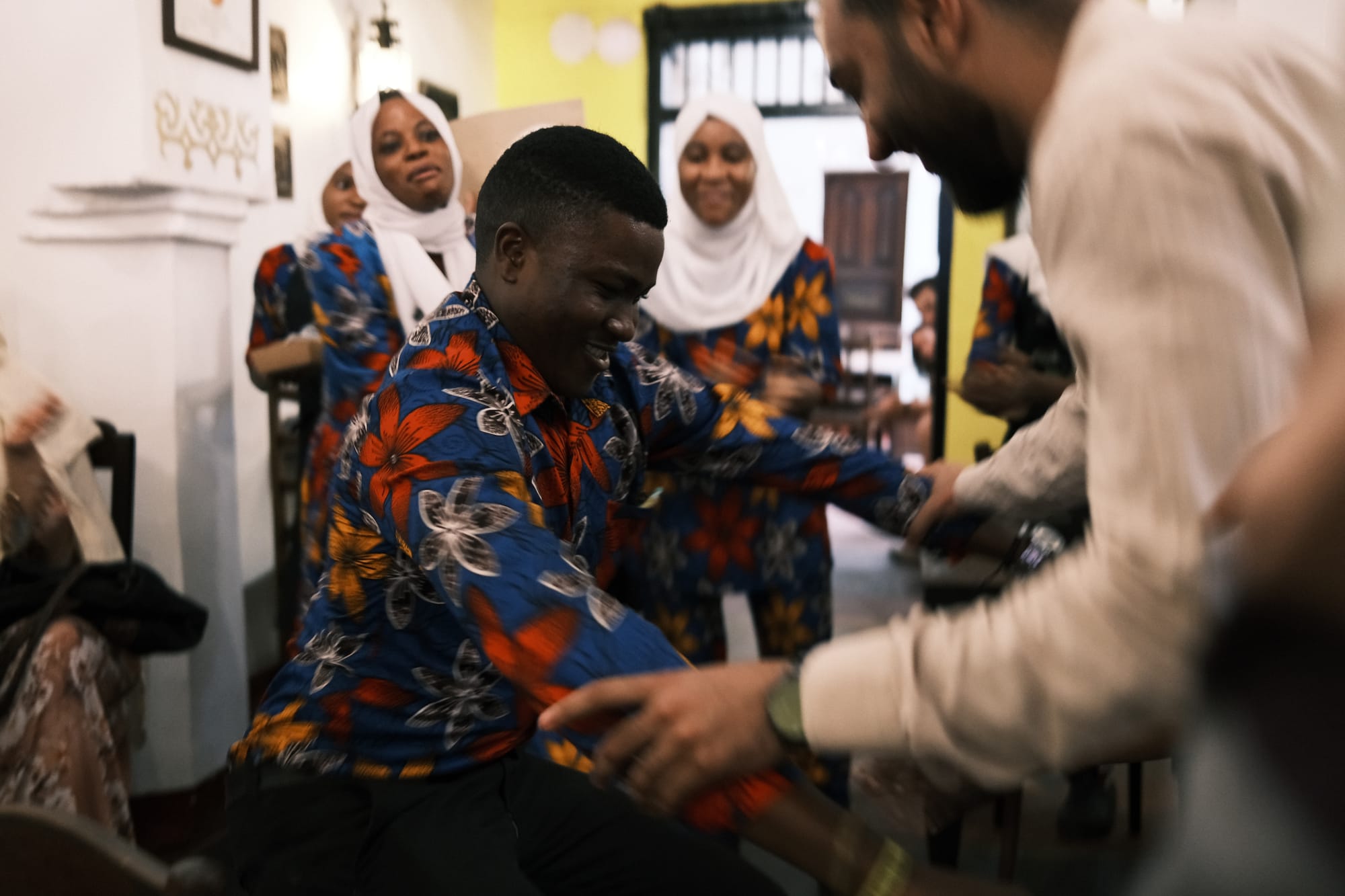
4. Leveraging Music and Language
Zanzibar’s marketing brilliance shines through its use of cultural symbols like the Swahili song “Jambo” and the phrase “Hakuna Matata.” These elements are not just catchy; they encapsulate the island’s welcoming ethos. Tourists hear these phrases repeatedly, creating a sense of joy and belonging. Events featuring traditional taarab music in hotels leave visitors with unforgettable memories.
Marketing Lesson: Use cultural symbols and slogans. Saudi Arabia can embrace phrases like "Hayakum Allah" (Welcome), paired with Saudi folk music or modern genres, to craft campaigns that resonate globally. Events like the Janadriyah Festival can amplify these cultural touchpoints.
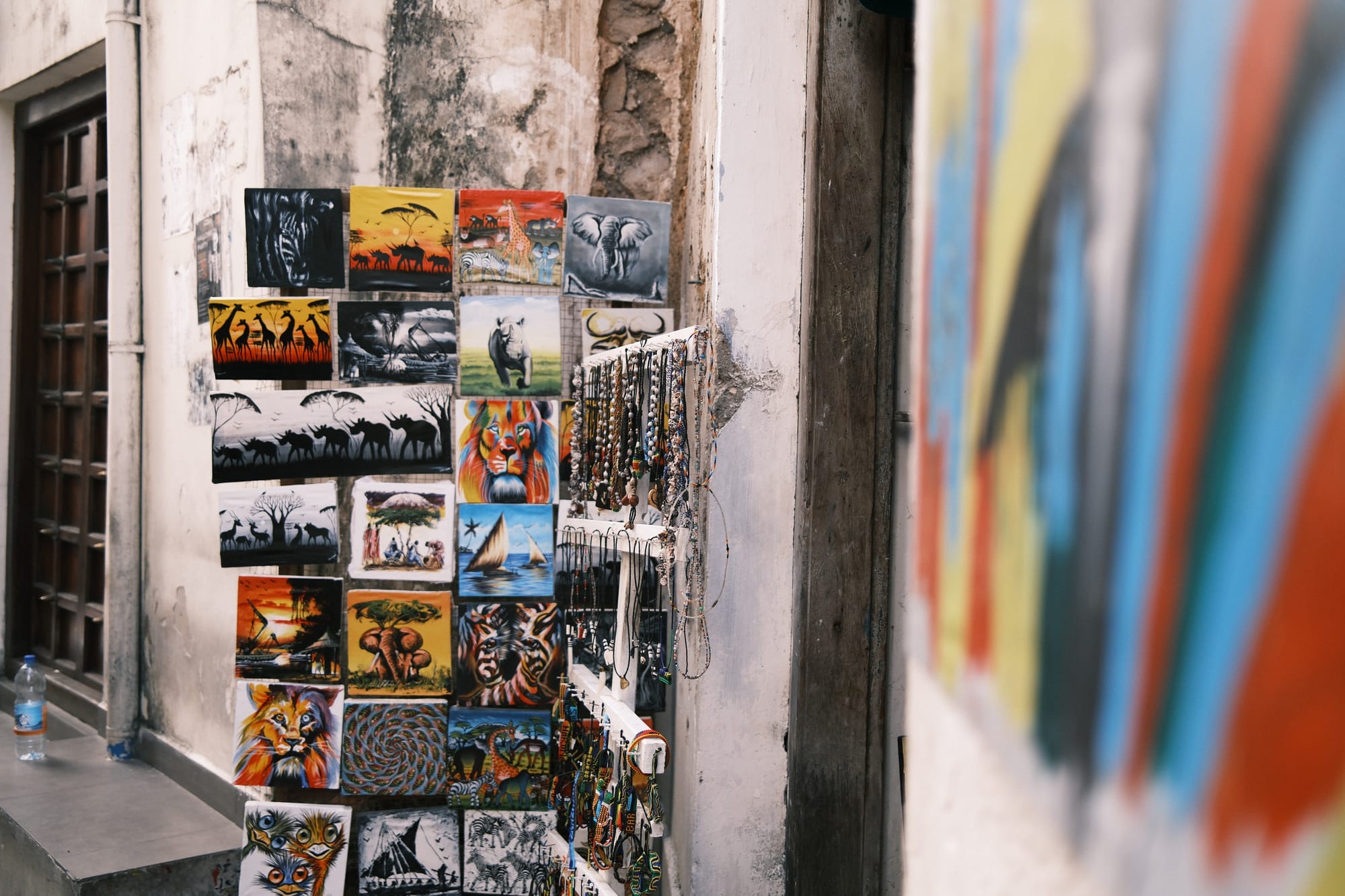
5. Creating Multi-Sensory Experiences
In Zanzibar, the vibrant markets of Stone Town and the spice tours offer sensory-rich experiences that immerse visitors in the island’s heritage. From the aroma of cloves to the colorful fabrics sold in bazaars, every interaction is carefully curated to leave a lasting impression.
Marketing Lesson: Design experiences that engage all senses. Saudi Arabia’s destinations, like the spice markets in Jeddah or the coffee farms in the Asir region, can offer sensory journeys that highlight local traditions and products, leaving travellers with lasting memories.
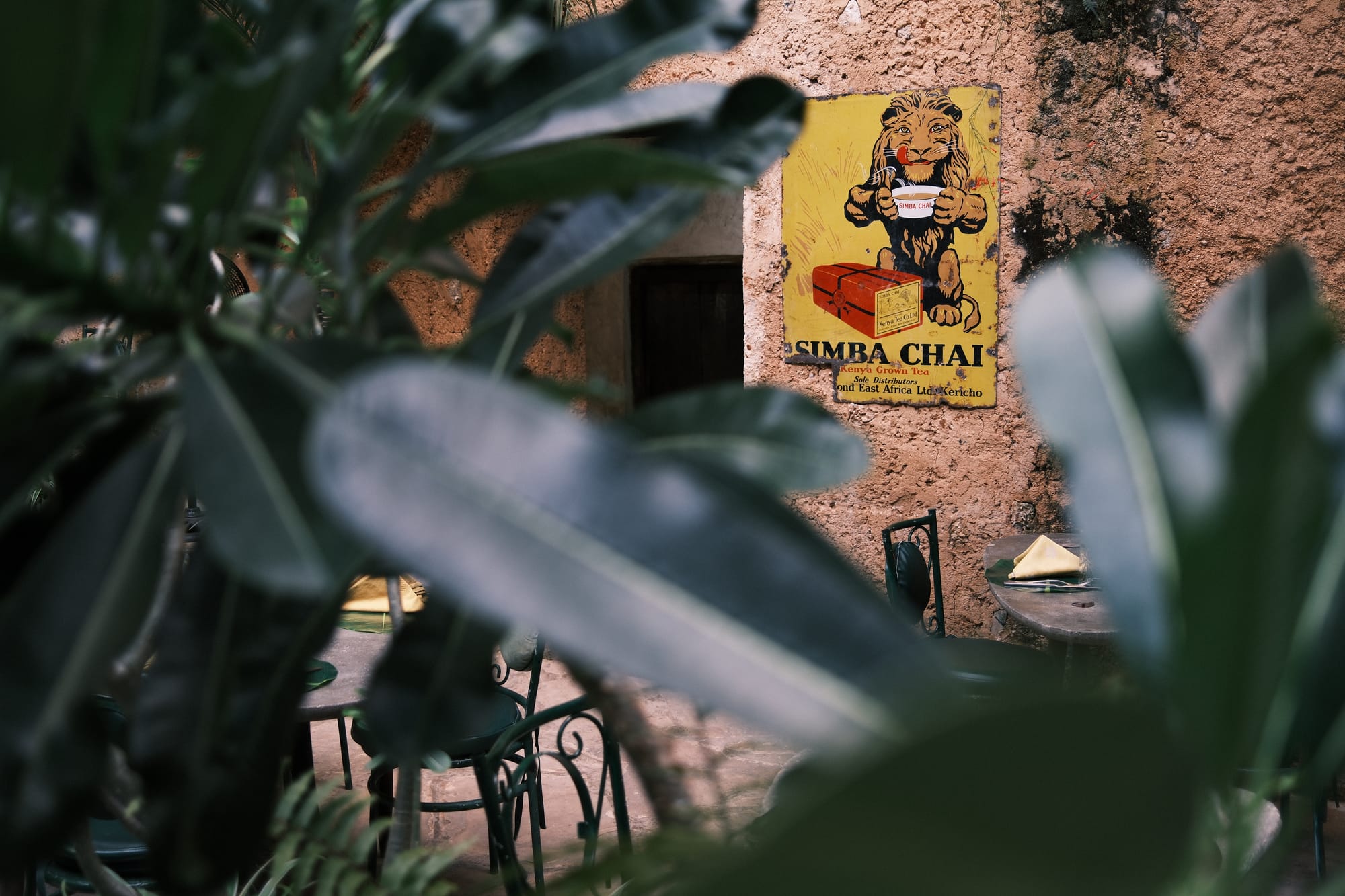
6. Storytelling Through History and Heritage
Zanzibar emphasizes its historical significance through tours of Stone Town, a UNESCO World Heritage Site, and museums that showcase the island’s rich past. These stories are woven into marketing materials, positioning Zanzibar as both educational and entertaining.
Marketing Lesson: Saudi Arabia can similarly leverage its historical assets, such as Diriyah’s role in the founding of the Kingdom or the ancient Nabatean city of Hegra. Storytelling campaigns that highlight these destinations’ historical relevance can captivate global audiences.
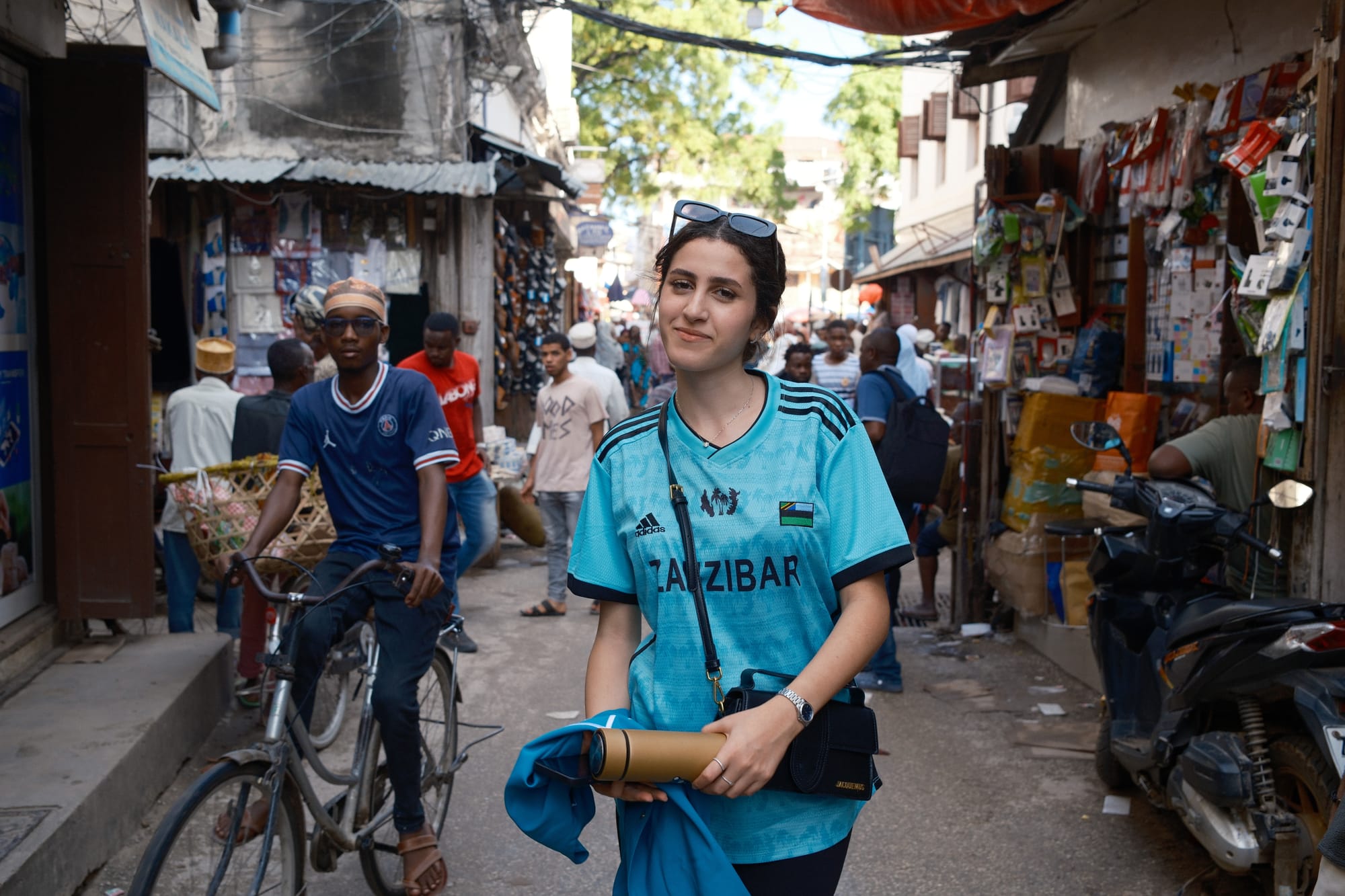
7. Sustainable Tourism Promotion
Zanzibar markets its eco-tourism initiatives, including marine conservation programs and sustainable accommodations. Visitors are drawn to experiences like dolphin tours that emphasize responsible interaction and coral reef preservation efforts.
Marketing Lesson: Showcase sustainable practices. Saudi Arabia can promote initiatives such as the Red Sea Project’s eco-resorts or conservation efforts in the Empty Quarter. Marketing these efforts demonstrates a commitment to sustainability, appealing to environmentally conscious travelers.
A Marketing Blueprint for Saudi Tourism
Zanzibar’s marketing journey demonstrates that successful tourism is about more than promoting destinations; it’s about creating a narrative that people want to be part of. Saudi Arabia, with its vast resources and rich heritage, is uniquely positioned to craft a tourism story that is as compelling as it is inclusive.
By celebrating its people, embracing its culture, and learning from Zanzibar’s ability to market with authenticity and creativity, Saudi Arabia can build a tourism industry that is not only globally competitive but also deeply human. From cultural workshops in the streets of Riyadh to musical evenings in AlUla, every detail can contribute to a tourism ecosystem that thrives on genuine experiences. As Vision 2030 unfolds, these seven marketing lessons provide a roadmap for a future where Saudi Arabia stands as a beacon of hospitality and cultural richness in the world of travel.




